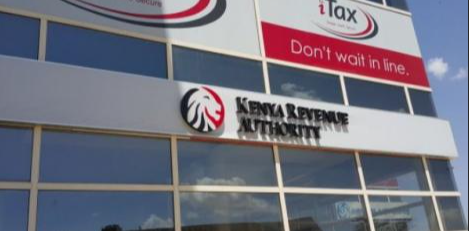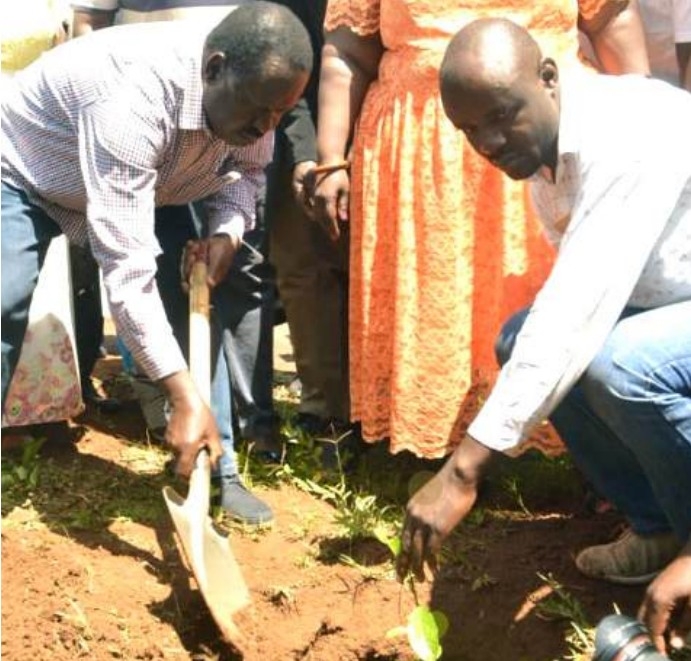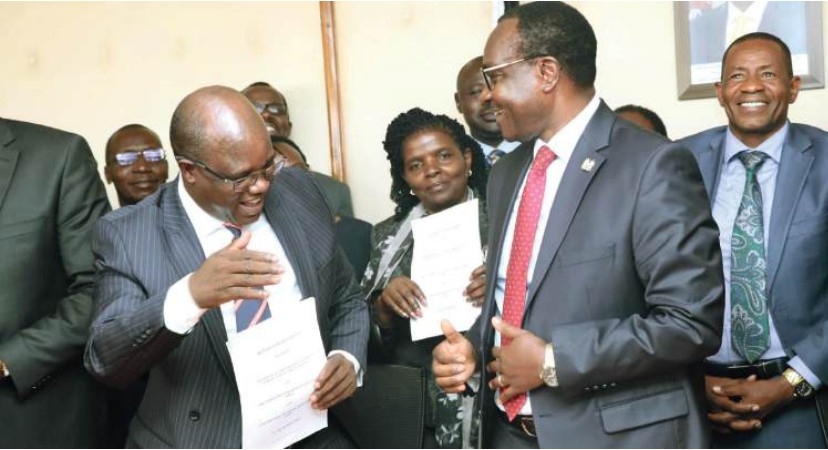
 KRA
KRAThe Kenya Revenue Authority has moved to make it easier for small business owners to pay taxes by introducing new, simple ways of accessing services.
Speaking at a town hall meeting in Mombasa, acting commissioner for micro and small taxpayers, George Obell, said the changes follow complaints from Kenyans who struggle with the current systems.
“One of the most persistent challenges we have heard relates to digital access. Not every taxpayer has a smartphone, stable internet, or the digital literacy required to interact with KRA platforms such as iTax or eTIMS,” he said.
To respond to this, KRA has launched a USSD service that works on any phone, even without internet.
“By dialling *222# and selecting option 5 for KRA services, taxpayers can now retrieve or verify their PINs and access other essential services from any phone. That is progress and there is more to come,” Obell said.
For those with smartphones, KRA has developed a WhatsApp chatbot to give support and answer questions.
Obell also said KRA wants to bring services closer to people in rural and remote areas.
He explained that bringing services closer to where taxpayers live and work will improve compliance and reduce the cost of accessing the services.
At the moment, KRA has 136 service points across the country, serving about 22 million registered taxpayers.
But most of these centres are in towns, leaving many in the villages without easy access.
To bridge this gap, Obell said KRA is starting an agent model, similar to what banks use.
“We plan to recruit the first 10,000 agents this year. These agents will provide basic services such as registration, tax filing, and payments. This is also an opportunity for Kenyans to earn commissions while helping fellow citizens meet their tax obligations,” Obell said.
He added that KRA will also increase public education to help people understand their tax responsibilities.
“Our focus is not on the past; we are here to empower and support taxpayers for the future. That is why we are launching a rigorous outreach program to train and educate our taxpayers,” he said.
KRA board director Lydia Rono, who also spoke at the event, reminded Kenyans why paying taxes is important.
“Taxes are the lifeblood of the economy. A country that cannot mobilise its own revenue cannot develop at the pace its citizens expect,” she said.
She added that KRA is now engaging directly with Kenyans through citizen assemblies like the one held in Mombasa.
“We are here to listen, to learn and to collaborate in building a more efficient and trusted tax system. We welcome your honest feedback on our digital platforms, service delivery and the everyday challenges you face,” Rono said.
The citizen assemblies give ordinary Kenyans a chance to speak directly to KRA officials, share their struggles, and propose solutions.
Through such efforts, the authority hopes to win public trust and make tax compliance less of a burden and more of a shared responsibility for national growth.


















